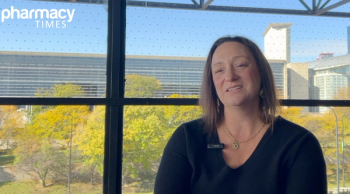
Megan Dulohery Scrodin, MD, highlights Mayo Clinic's innovative COPD care model, emphasizing multidisciplinary collaboration and AI tools for improved patient outcomes.

Megan Dulohery Scrodin, MD, highlights Mayo Clinic's innovative COPD care model, emphasizing multidisciplinary collaboration and AI tools for improved patient outcomes.
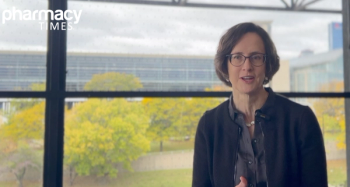
Experts discuss breakthroughs in respiratory virus vaccines.
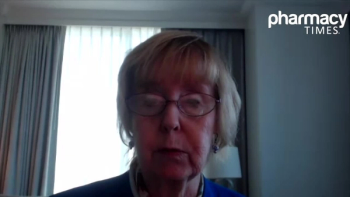
Elinzanetant shows promise as a new treatment for menopause-related vasomotor symptoms, offering rapid relief and a favorable safety profile.
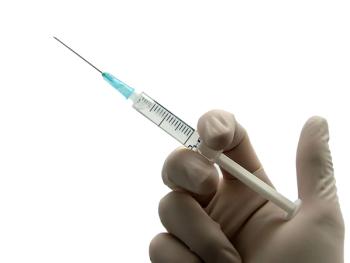
New clinical trial results suggest G-CSF as a promising alternative for managing hot flashes in menopausal women, without the risks of traditional therapies.

Although long COVID remains a complex disease, pharmacists are critical team members for patient symptom validation, managing polypharmacy, and navigating therapy access.

Research highlights the impact of sleep disturbances and vasomotor symptoms (VMS) on HRQoL in women transitioning to menopausal period, emphasizing the need for effective management.

Embedding standards in pharmacy practice help ensure medication quality, safety, and patient understanding.

Research reveals varying impacts of GLP-1 receptor agonists on asthma risk, urging careful medication selection for patients with diabetes and respiratory issues.
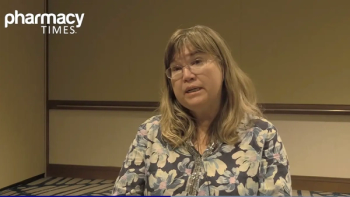
Explore how pharmacists can better support indigenous and Hispanic women during menopause through culturally sensitive care and family involvement.
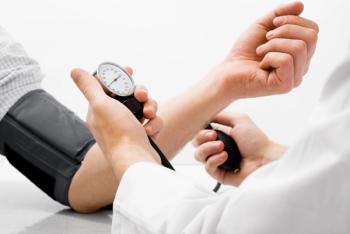
When treating vasomotor symptoms (VMS), 15- and 20-mg doses of estetrol (E4) did not significantly hinder postmenopausal women’s blood pressure, including those with cardiovascular risks.

Chronic graft-vs-host disease (cGVHD) is the leading cause of late, non-relapse mortality for patients who have undergone an allogeneic hematopoietic stem cell transplant. Axatilimab, which has durable responses and an attractive safety profile, offers a novel mechanism of action for the treatment for patients who have not succeeded with at least 2 prior lines of systemic therapy.
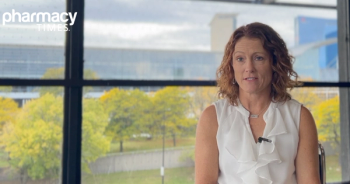
A digital therapeutic app enhances access to behavioral cough suppression therapy.

Community pharmacists are especially valuable amid lower interest and staff shortages.
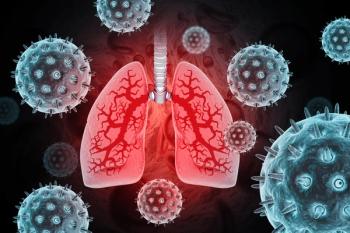
Infectious disease experts provide the latest updates in RSV, pneumococcal disease, whooping cough, and multidrug-resistant tuberculosis.

New research reveals how menopausal hormone therapy impacts cognitive health in postmenopausal women, highlighting the importance of administration routes and estrogen types.
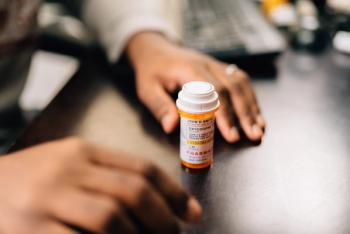
Overdoses remain alarmingly high despite new tools like OTC Naloxone, highlighting persistent barriers to care.

Experts outline innovative approaches to reduce inequities in diagnostic access and optimize patient outcomes.
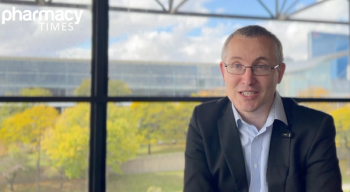
James Chalmers, MBChB, PhD, discusses the ASPEN trial's findings on brensocatib's impact on lung structure and function in bronchiectasis patients.
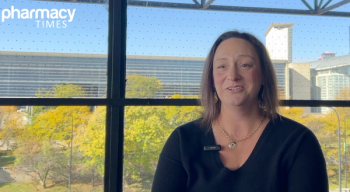
Megan Dulohery Scrodin, MD, discusses COPD management challenges and the need for accessible care and cost reduction.

From embedded PrEP care to rapid outbreak response logistics, new models are showing how pharmacists can establish successful public health partnerships to enhance patient access and equity.

Elinzanetant was effective in women with low vasomotor symptom (VMS) burden and those with endocrine therapy-caused VMS.
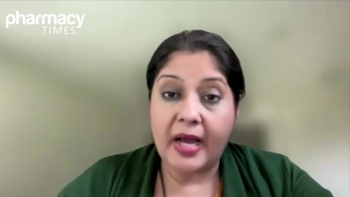

Compared with late postmenopausal women, menopausal hormone therapy (MHT) may influence certain Alzheimer disease-related biomarkers in early postmenopausal women.

Discover effective solutions for dry eyes, contact lens care, allergy relief, and conjunctivitis treatment in these insightful case studies.
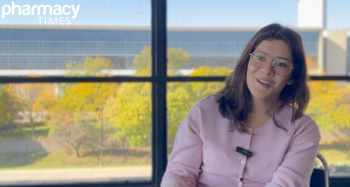
Sara Assaf, MD, shares insights on selecting biologic therapies for severe asthma, including biomarkers, patient factors, and managing nonresponders effectively.
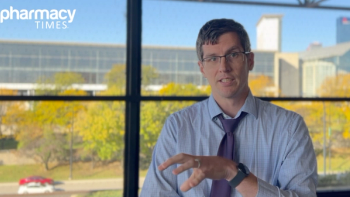
The FDA's approval of GLP-1 for obstructive sleep apnea enhances treatment options, emphasizing pharmacists' vital role in patient care and management.
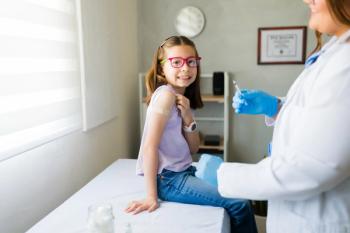
Increasing vaccine confidence demands that pharmacists move beyond simply sharing facts to utilizing effective communication strategies.
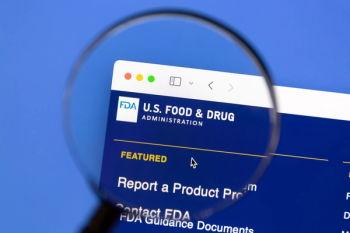
The FDA approves obinutuzumab (Gazyva; Genentech) for lupus nephritis, offering a new treatment option with improved renal outcomes for patients.
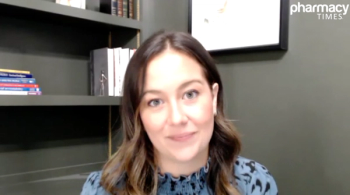
Samantha Picking, PharmD, outlines how Walgreens enhances immunization access through digital innovation, patient engagement, and ongoing pharmacist training.
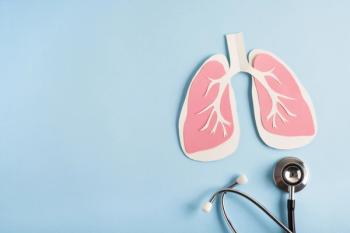
Pharmacists play a vital role in managing respiratory virus season by providing vaccinations, counseling, and recommending effective treatments for patients.